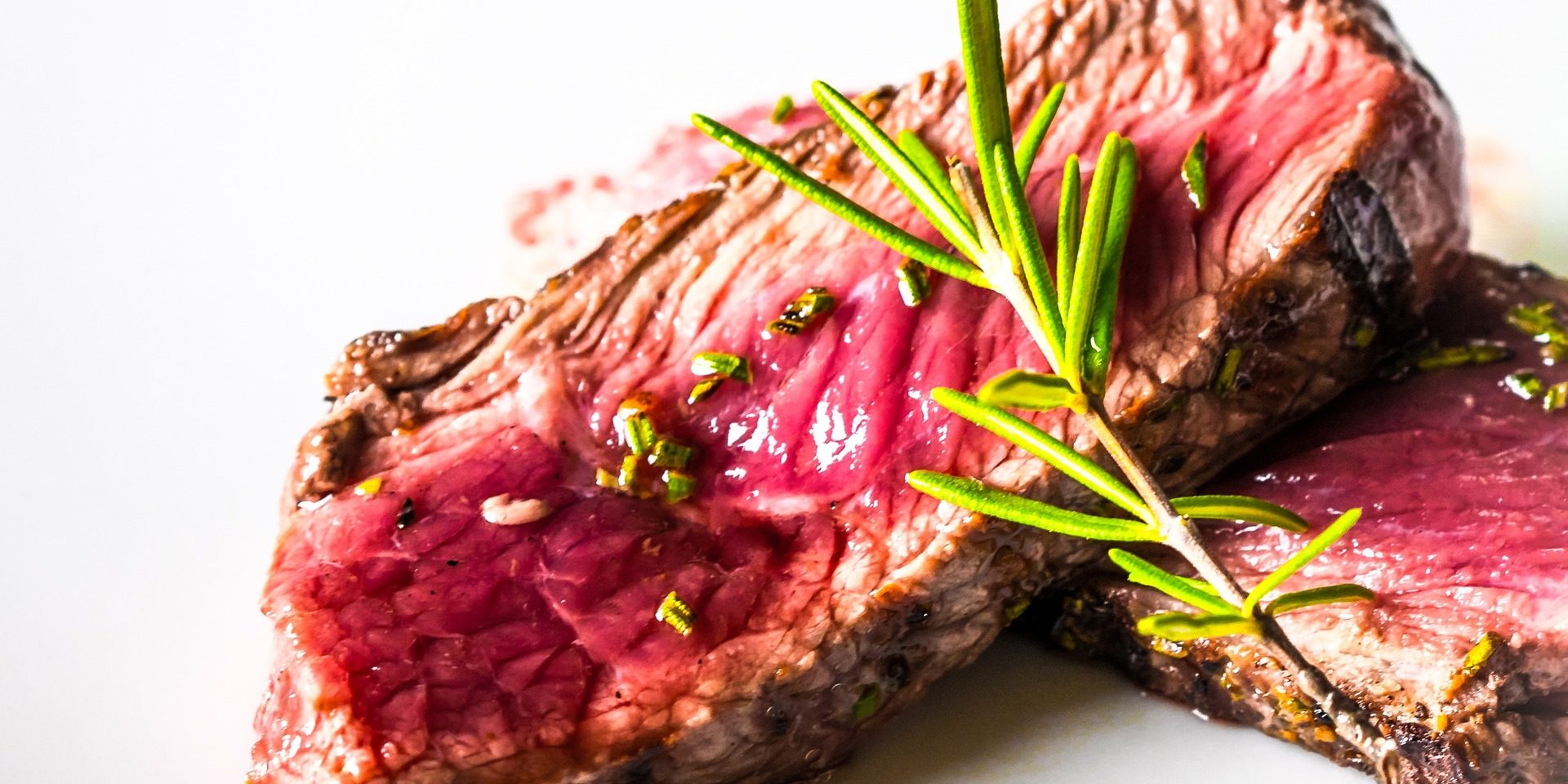Cell-based meat – also known as “fake meat,” “clean-meat,” “farm-free meat,” “cultured meat,” “lab-grown meat,” “artificial meat,” and more. Many groups have been discussing what to call this product since its invention. Each one has implications not only about the product itself, but also the alternatives: farm-free versus farmed meat? Fake meat versus real meat? Clean meat versus…dirty meat?
The discussion so far
Some cellular agriculture startups, including Mosa Meats and Memphis Meats, have already rejected the term “clean meat.” They do not want to imply that conventionally grown meat is “dirty” or “unclean,” since it pits these companies against the meat industry. The Animal Agriculture Alliance agrees. While the Alliance welcomes innovation to the marketplace to help provide protein to a growing and hungry world, they want to ensure companies/organizations do not disparage meat to promote alternatives.

Can we call it meat?
The United States Cattlemen’s Association (USCA) petitioned for beef and meat labeling to define “meat” exclusively as product produced from a slaughtered animal. USCA referred to the cell-based meat as “lab-produced cultured protein.” Legislation with a similar goal has been introduced in (at this time) 11 states, including Missouri’s “fake meat law,” which passed in 2018. As a result, cellular agriculture companies are unable to call their product “meat” in the regions where the legislation passes. In addition, the ruling affects plant-based imitation meat as well as cell-based proteins.
Choosing a term
We may not have a consensus for a while. However, we must call it something in order to talk about it. The cellular agriculture industry likes the term “cultured meat”. They think it has the same connotation as popular artisanal, cultured beers. Personally, I find it reminiscent of culturing bacteria in microbiology, complete with yellow latex gloves, clear petri dishes, and the smell of agar. Therefore, I will be referring to it as “cell-based meat” instead. I think it is a more accurate and more neutral term than some of the others.
What’s in a name?
I cannot think of a better summary of this debate than this comment made in the scientific paper titled, “Bringing cultured meat to market: Technical, socio-political, and regulatory challenges in cellular agriculture” published in the Trends in Food Science and Technology Journal in 2018. The authors stated: “Terminology is important in framing how things are understood, and this contestation over what it is called reflects both the ambiguity over what it is, and the political sensitivities of how different groups want it to be positioned.” In the end, the words we use to describe these products have a huge impact on how they are perceived. In addition, they will determine whether the products will be accepted as a desirable food by consumers.

Until next time
This is my introduction to the complex topic of cell-based meat. I had intended to make a single blog post on the subject. However, the discussion and its implications are much bigger than 1,000 words. I hope you will stick with me as we explore how cell-based meat is produced, propositions on how it will be regulated, the claims it makes over conventionally produced meats, and the importance of public perception in determining whether this product comes to market and its success there.
All posts are the opinion of the author and do not necessarily represent the view of the Animal Ag Alliance.







